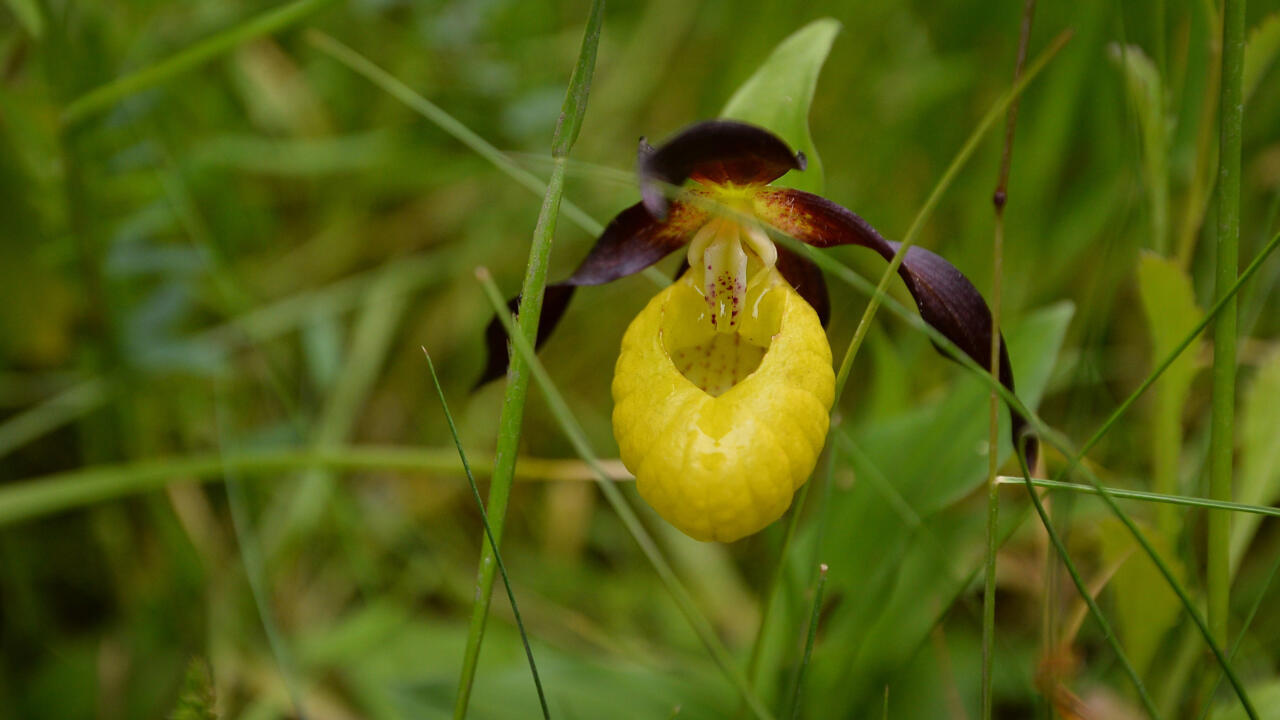News Flash

LONDON, June 3, 2025 (BSS/AFP) - A new lady's-slipper orchid, once believed to be extinct in the UK, has been spotted in the wild for the first time in 100 years following a decades-long conservation drive, experts said Tuesday.
Over-picking by Victorian collectors, gripped by the orchid craze of the time, was thought to have made the yellow cup-shaped and purple-petalled plant extinct by the early 1900s.
But a single plant was discovered in a remote location in the Yorkshire Dales in northern England in 1930. Its location was kept secret and volunteers have since provided round-the-clock monitoring to prevent it from being stolen.
Last summer, Yorkshire Wildlife Trust -- supported by various conservation groups -- discovered the first new lady's-slipper orchid to appear in the wild since then, it said Tuesday.
It is the culmination of a decades-long bid to bring back the flower, and has sparked hopes that it could one day be restored across its former range in northern England.
Yorkshire Wildlife Trust secured a grant from Natural England's species recovery programme two years ago to protect the habitat, rearing many new orchids and reintroducing plants into suitable terrains.
The new plant was spotted at one of the reintroduction sites, meaning planted-out orchids had produced seeds that had germinated into new plants.
Jono Leadley, managing the project on behalf of Yorkshire Wildlife Trust, called it a "truly thrilling moment".
"To see a healthy population of lady's-slipper orchids back in their native area that are now reproducing themselves gives us real hope for the future," he said.
The orchids were propagated by London's Royal Botanical Gardens in Kew, after a call for help was issued in the 1990s.
That led to a small number of privately-owned, wild-sourced orchids being offered as part of a breeding programme.
"Trying to save the lady's slipper orchid in England has been one of RBG Kew's flagship conservation projects for many years," said RBG Kew's senior research leader Mike Fay.
"It is a long-lived species, with seedlings taking many years to grow to the stage where they can flower and produce the seeds that will give rise to the next generation," he added.